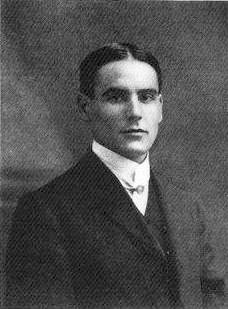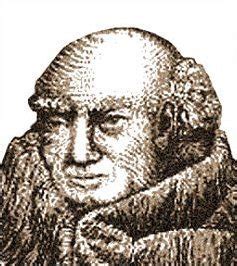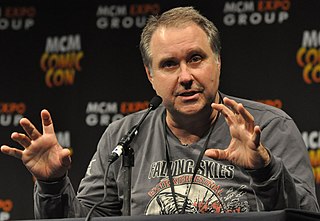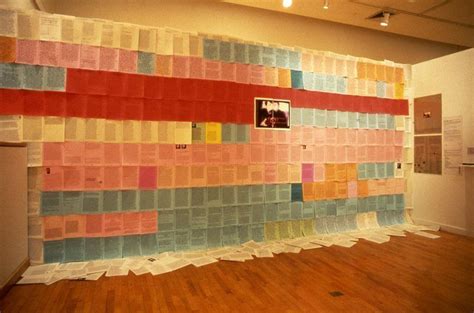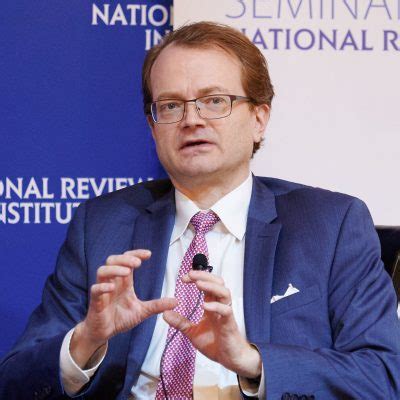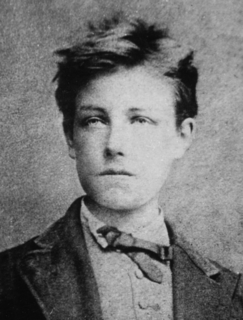A Quote by Swami Vivekananda
We have none of us seen a form which had not a beginning and will not have an end.
Related Quotes
I saw full surely that ere God made us He loved us; which love was never slacked, nor ever shall be. And in this love He hath done all His works; and in this love He hath made all things profitable to us; and in this love our life is everlasting. In our making we had beginning; but the love wherein He made us was in Him from without beginning: in which love we have our beginning. And all this shall we see in God, without end.
There is no figure more common in scripture, and none more beautiful, than that by which Christ is likened unto light. Incomprehensible in its nature, itself the first visible, and that by which all things are seen, light represents to us Christ. Whose generation none can declare, but Who must shine upon us ere we can know aught aright, whether of things Divine or human.
Man no longer lives in the beginning--he has lost the beginning. Now he finds he is in the middle, knowing neither the end nor the beginning, and yet knowing that he is in the middle, coming from the beginning and going towards the end. He sees that his life is determined by these two facets, of which he knows only that he does not know them
Think of all the nonsense you had to learn in psychology courses. None of which was testable. None of which was measurable. We had behaviorism, Freudian psychology, all of these theories that you learn in psychology. Totally untestable. Now, we can test it, because physics allows us to calculate energy flows in the brain.
I feel confident that we will have a beginning, middle and end, in this season, and it was wise of NBC to then call it what it really is, which is a mini-series. "24" is a really good example, in that there was a definitive beginning, middle and end for the first season. They had a slightly different format than we have, but the second season just retained Jack Bauer and a few other players, with the same basic format and idea, but it was a completely different show.
The poet, therefore, is truly the thief of fire. He is responsible for humanity, for animals even; he will have to make sure his visions can be smelled, fondled, listened to; if what he brings back from beyond has form, he gives it form; if it has none, he gives it none. A language must be found…of the soul, for the soul and will include everything: perfumes, sounds colors, thought grappling with thought





